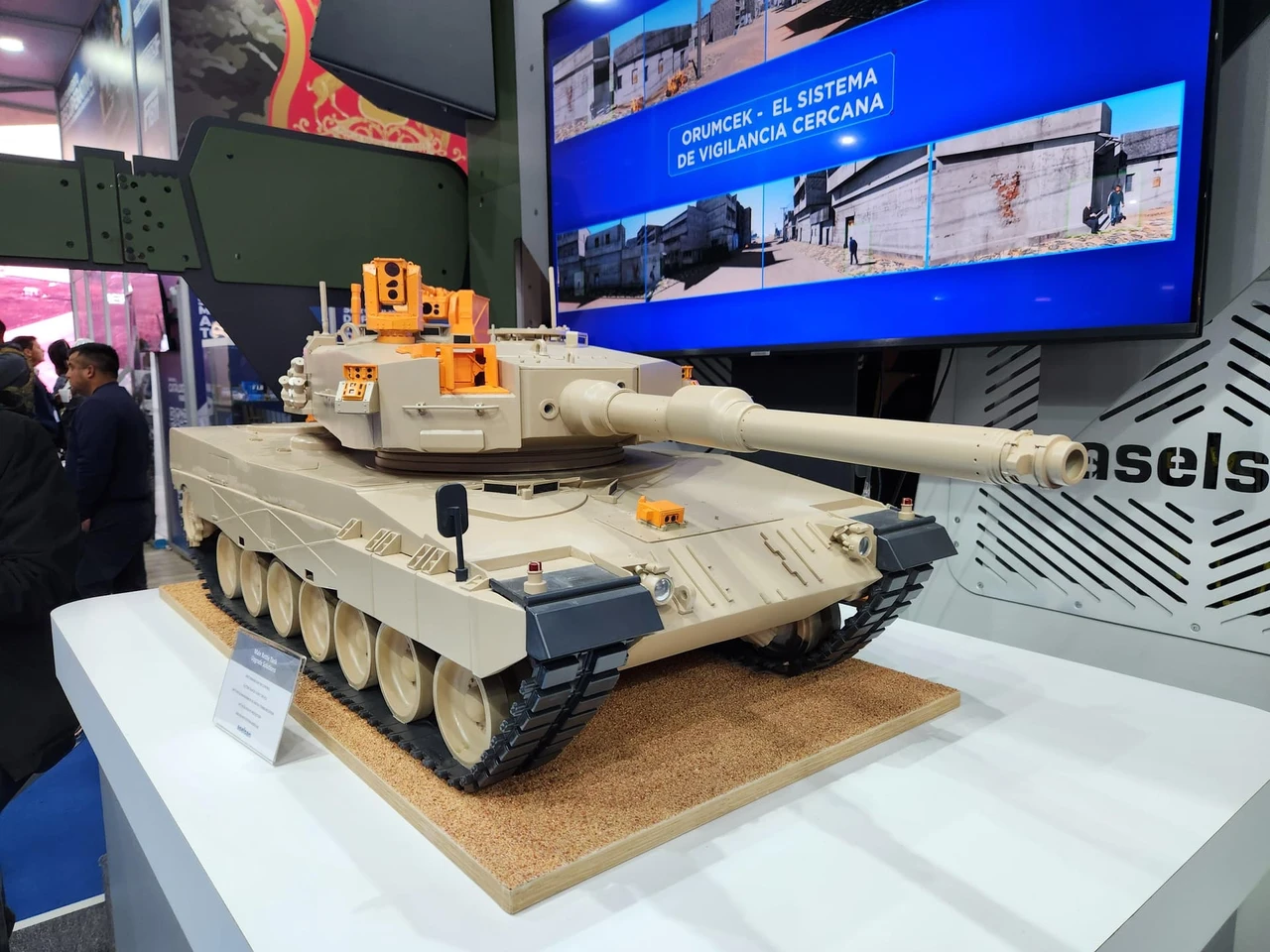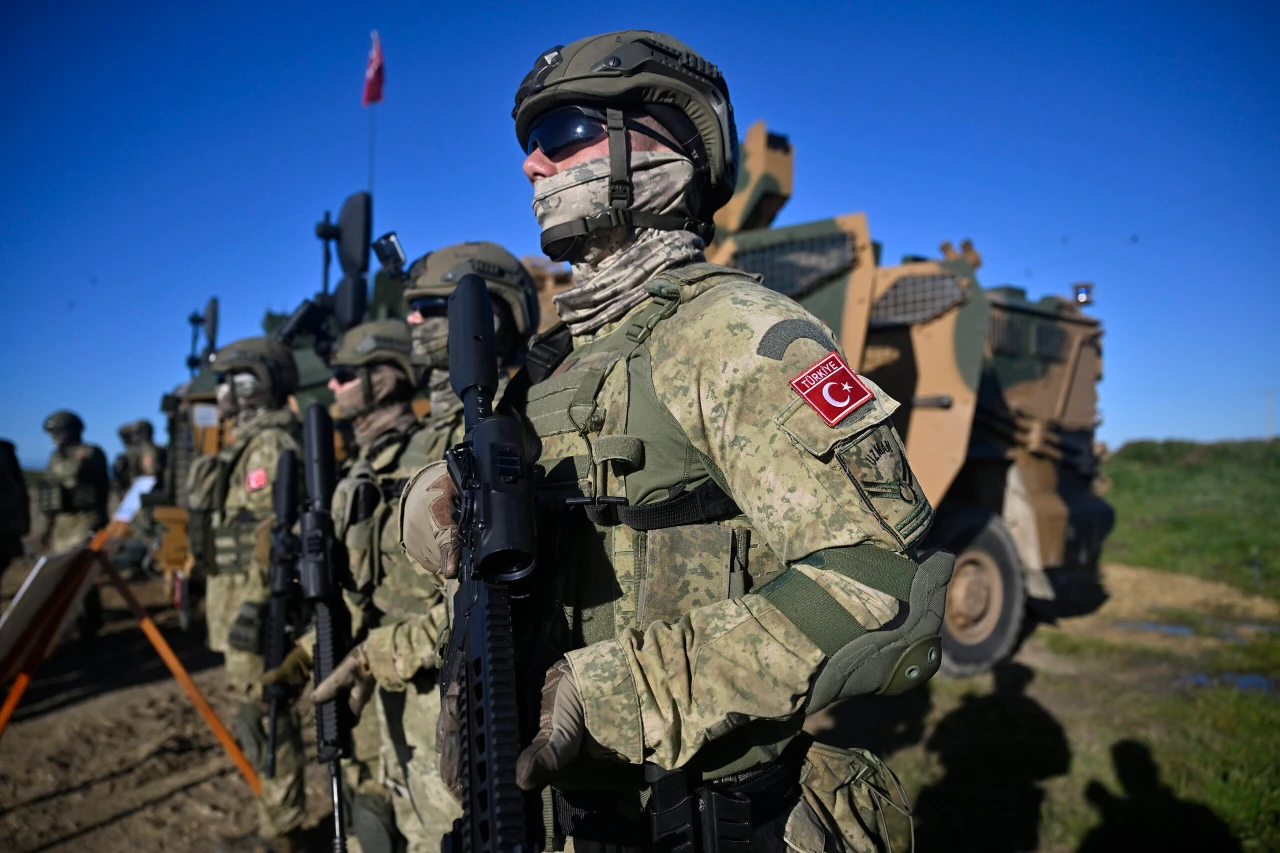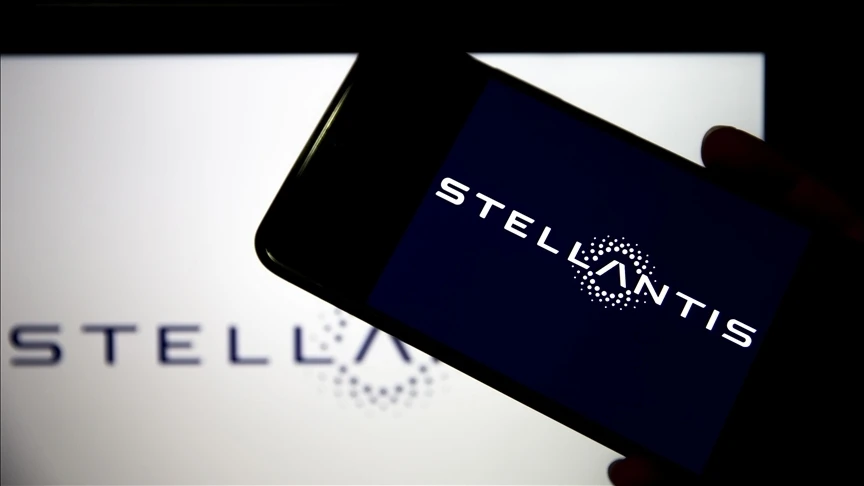Türkiye welcomes $266.9B in foreign direct investments
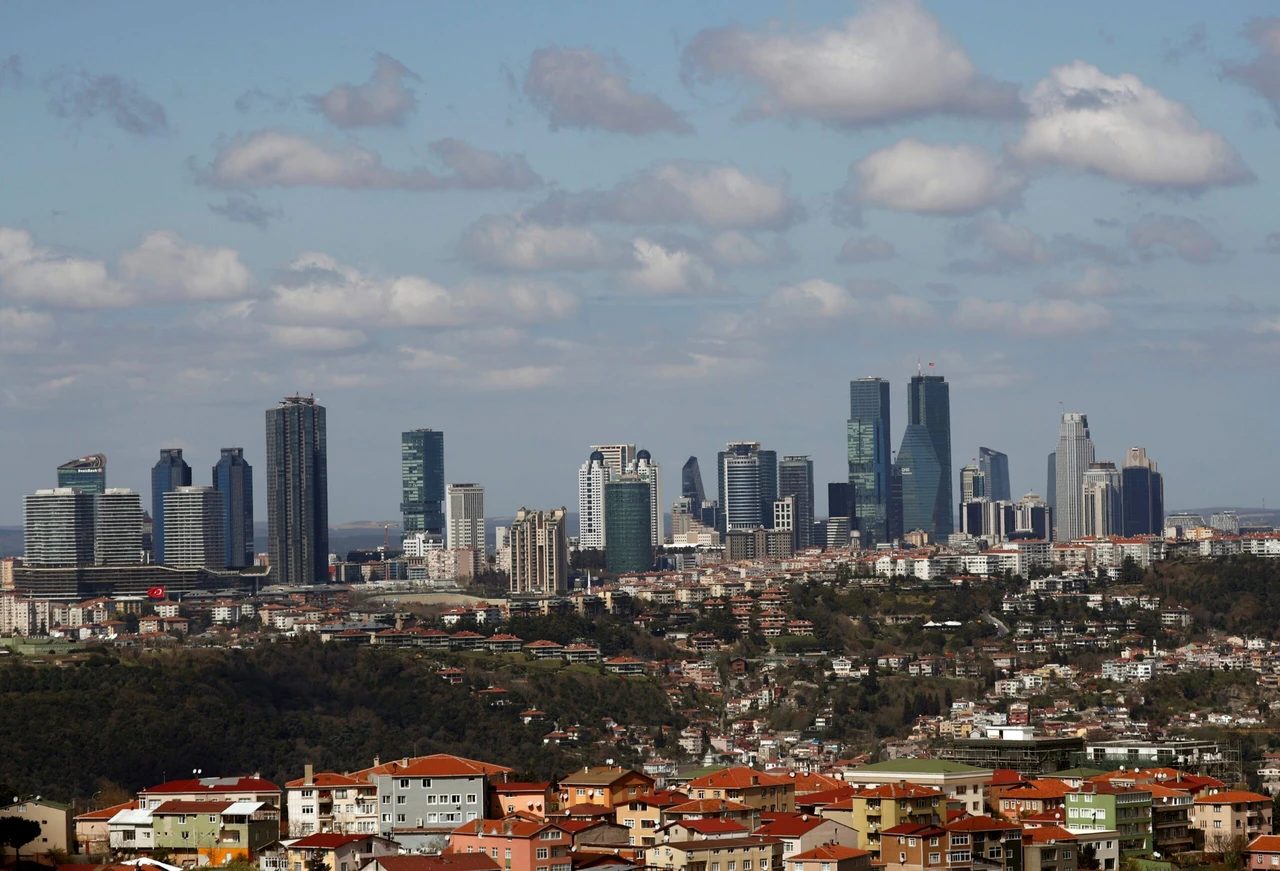 Skyscrapers are seen in the business and financial district of Levent, which comprises leading banks' and companies' headquarters, Istanbul, Türkiye, March 29, 2019. (Reuters Photo)
Skyscrapers are seen in the business and financial district of Levent, which comprises leading banks' and companies' headquarters, Istanbul, Türkiye, March 29, 2019. (Reuters Photo)
Türkiye has seen a remarkable increase in its share of global direct investments, particularly in sectors like electric vehicles, batteries and logistics, revealed Minister of Treasury and Finance Mehmet Simsek.
The minister added that Türkiye attracted $266.9 billion in direct investments from 2003 to June 2024.
- Significant growth: Türkiye’s share of global direct investments rose from 0.2% before 2003 to 0.9% in the 2003-2023 period.
- Future targets: The country’s International Direct Investment Strategy aims to increase this share to 1.5% by 2028, focusing on transforming Ankara into a larger production hub through policies promoting high-value-added production.
How Türkiye poised to become global R&D hub?
Türkiye’s geographical location, young population, and strong government support in adapting global mobility and technology trends have positioned it as a key candidate to become a global hub for investment and R&D.
- EV charging network expansion: Under the Ministry of Industry and Technology’s guidance, Türkiye has significantly expanded its fast-charging infrastructure, reaching 20,900 charging points, including 7,600 fast chargers, within a year.
- Customs and trade policies: In an effort to boost domestic production and attract further investment, Türkiye has implemented additional customs duties on gasoline and hybrid vehicles from China, leading to increased investment interest from Chinese automotive brands like Chery, Skywell and MG.
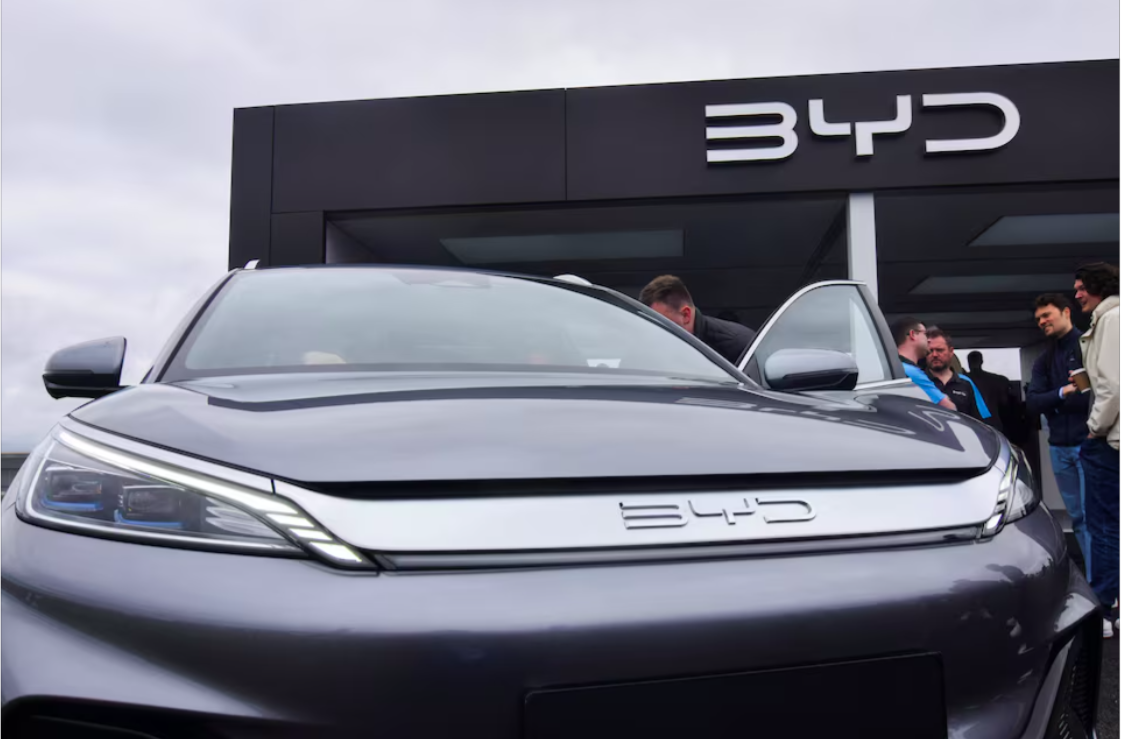
Ankara’s tariff policy pays off: BYD to invest $1B in new EV plant in Türkiye
China’s largest electric vehicle manufacturer, BYD, decided to invest $1 billion in Manisa, marking the beginning of a new era for Türkiye’s automotive industry.
- R&D hub: This investment aims to make Türkiye not just a production base, but a global technology and R&D hub, potentially influencing other global brands to follow suit.
- Job creation: BYD’s investment is expected to create 5,000 direct jobs and 25,000 indirect jobs, with a ripple effect across various sectors, particularly automotive supply chains.
- High-tech production: The investment will enable Türkiye to produce electric and plug-in hybrid vehicles, with plans to export them primarily to European markets.
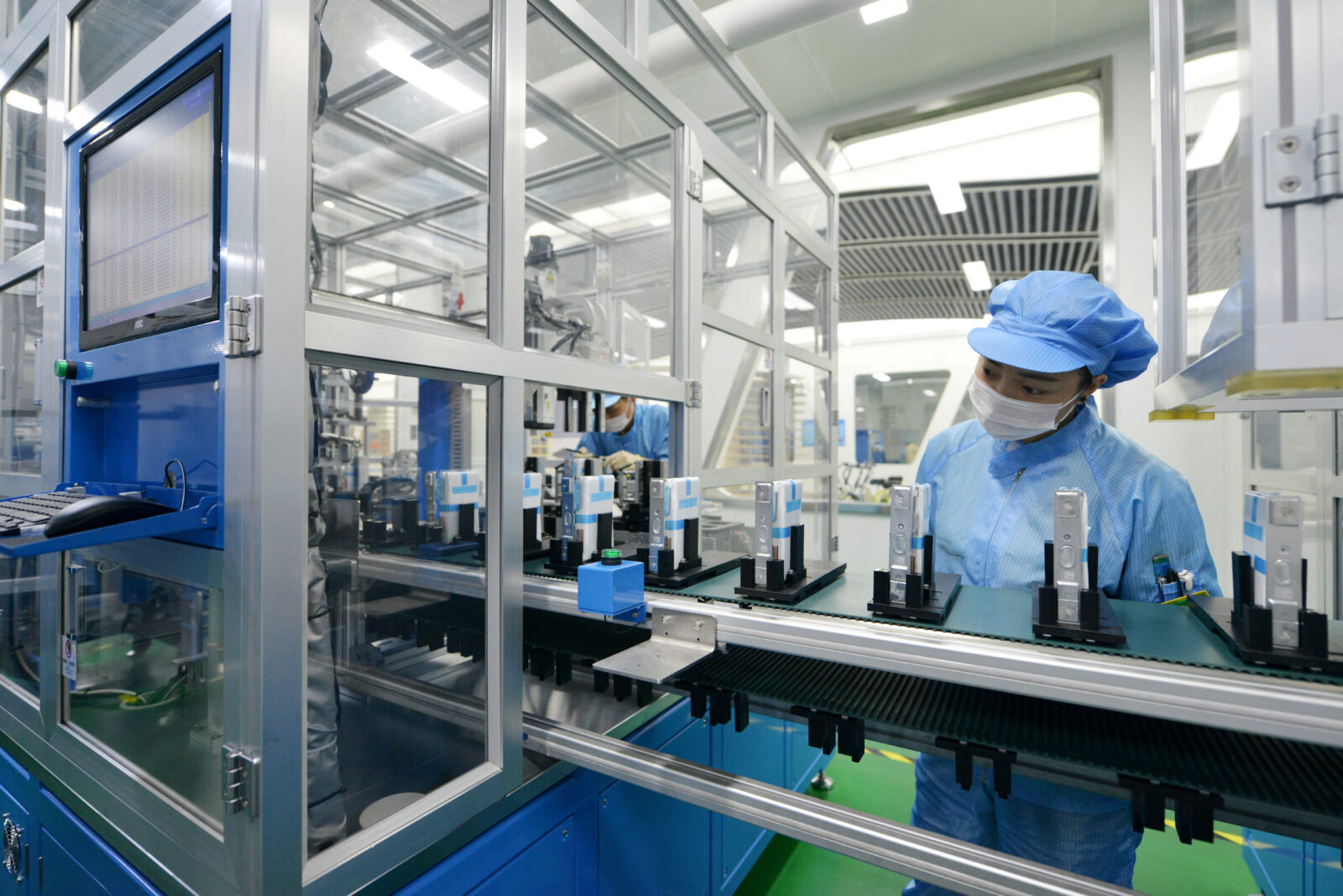
China’s Ganfeng Lithium builds $500M battery plant in Türkiye
Chinese battery giant Ganfeng Lithium, valued at $26 billion and listed on the Hong Kong Stock Exchange, is set to make a $500 million investment in Türkiye through a strategic partnership with Yigit Aku, a leading Turkish lead-acid battery manufacturer.
- Joint venture: The partnership aims to set up a joint venture focused on producing lithium-ion battery cells, modules, and energy storage systems with a 5 GWh capacity.
- Market focus: The facility will primarily target the Turkish and international energy storage systems (ESS) markets, producing high-capacity lithium battery cells.
- Ganfeng Lithium, based in Xinyu, China, began producing batteries for the electric vehicle industry in 2017. It has become one of the largest global players, producing 24% of the world’s lithium hydroxide in 2022 and supplying major companies like Tesla, BMW, and LG.
- Yigit Aku, established in Ankara in 1976, is one of Türkiye’s leading battery manufacturers, with an annual production capacity of 7 million batteries. The company exports to over 100 countries and began producing lithium batteries for electric vehicles in 2013.
The big picture: As Türkiye continues to attract large-scale investments in sectors such as electric vehicles, batteries, and advanced technology, the country is positioning itself as a critical hub in the global supply chain. The synergy between government policies and private sector initiatives is expected to drive further growth, enhancing Turkey’s role on the global stage.

